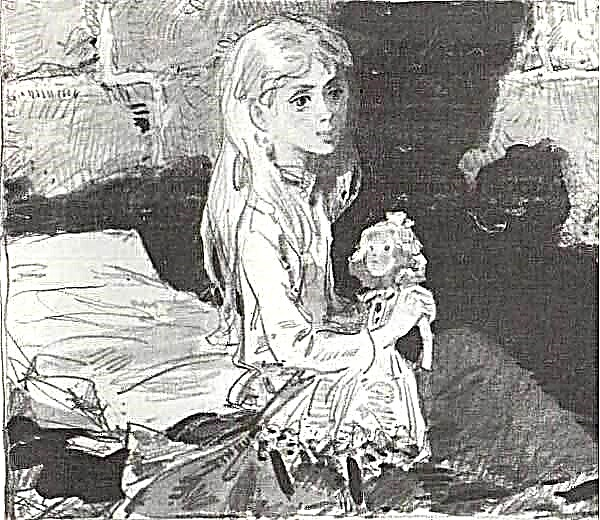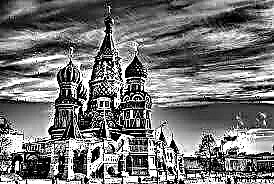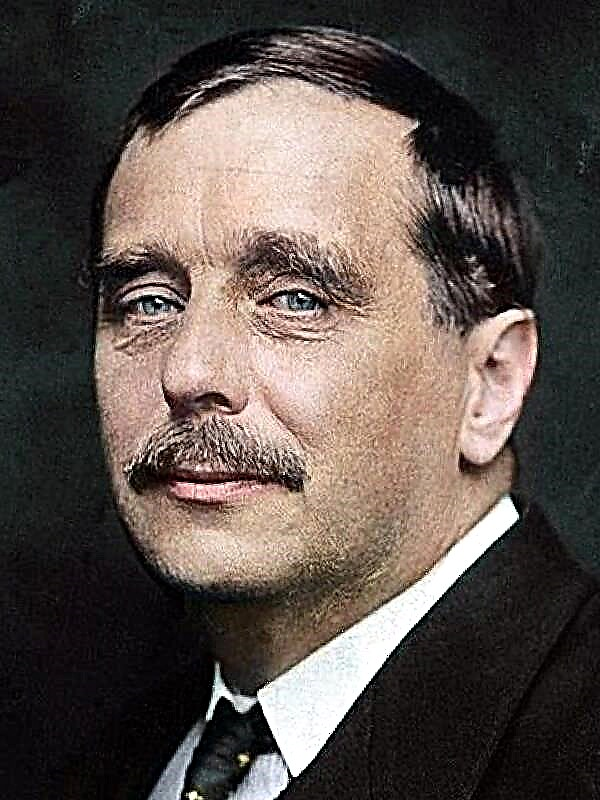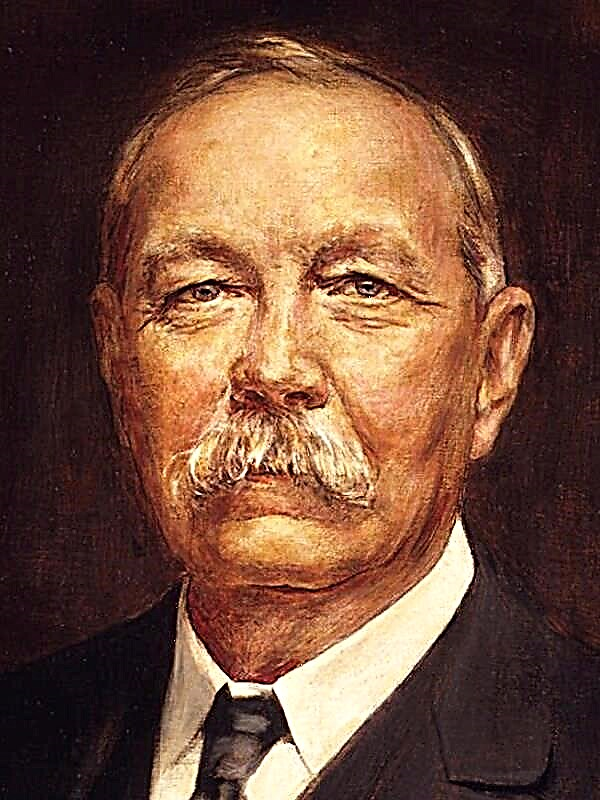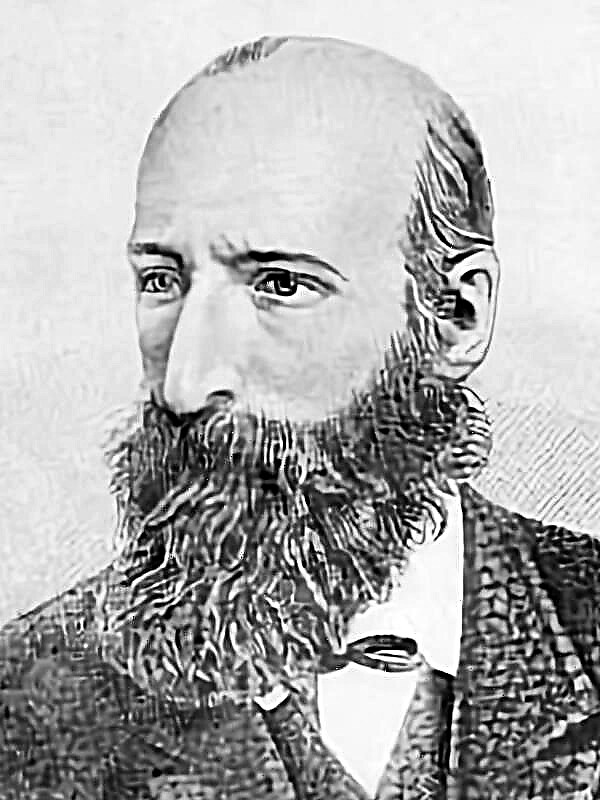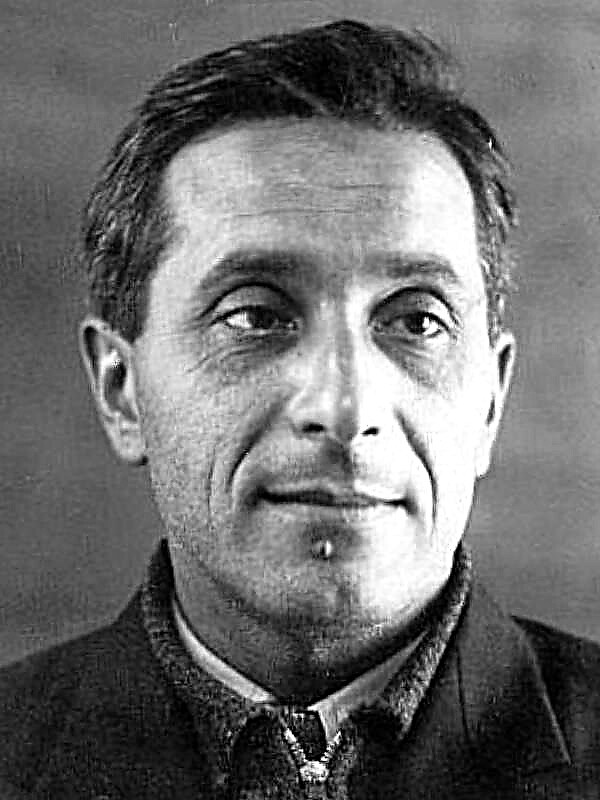Denis Ivanovich Fonvizin is a Russian writer and publicist, playwright and translator during the reign of Catherine the Great, the founder of everyday comedy, who worked in such a literary direction as classicism. The life and work of this man made an invaluable contribution to the development of domestic literature.
Childhood, youth, education
Denis Ivanovich Fonvizin was born on April 3, 1745 and grew up in a noble family in Moscow. His family dates back to German roots, so his last name is the Russian variation of the Germanic name Von Vizin.
Initially, the future genius received home education, and after that he was enrolled in the lists of students of the Faculty of Philosophy at Moscow University. After that, for his services in the literary sphere, they will be sent to Petersburg, where he became acquainted with such iconic figures of the state as Lomonosov and Sumarokov.
Creative way: success story
The first works began to appear in 1760. The writer began with translations that were periodically printed. The first significant publication was in the form of an early version of the famous play "The Undergrowth." Later, by 1781, the finished play will be staged on the stage of St. Petersburg, and two years later it will take the stage of Moscow. After 8 years, a comedy with a satirical orientation called “The Foreman” came out from the pen of the classicist, which exalted Fonvizin as a writer and was honored to be read in front of the empress herself in her summer house in Peterhof.
Like many writers, Fonvizin spent a lot of time abroad, in particular in France. His work as an adviser to the chancellery is accompanied by the writing of a large number of journalistic texts, for example, “The Discourse on Indispensable State Laws”, as well as work on translations that allowed the Russian reader to get acquainted with the works of Rousseau, Ovid, and even Walter.
Personal life
Little is known about the writer's personal life. His wife's name was Katerina Ivanovna Rogovikova, she was from the family of a wealthy merchant. About children in his biography is not mentioned.
It is only known that he was an exemplary family man, so all of his works are instructive. In matters of family and marriage, he was categorical: a woman is adorned with fidelity, piety and education, and a man with virtue, strength and wisdom.
Last years of life
In the last years of his life, while spending time traveling abroad in Europe, the writer will encounter a disease that is too tough for medicine in those years. He will have enough of the first apoplexy gift, because of which he will be forced to return to Russia.
Suffering from paralysis, the author will continue to engage in creative activities. The main work left by him and written in the last days of his life is an autobiographical work, “Sincere Confession.” The writer died on December 1, 1792 in St. Petersburg and was buried in the Lazarevsky cemetery.

